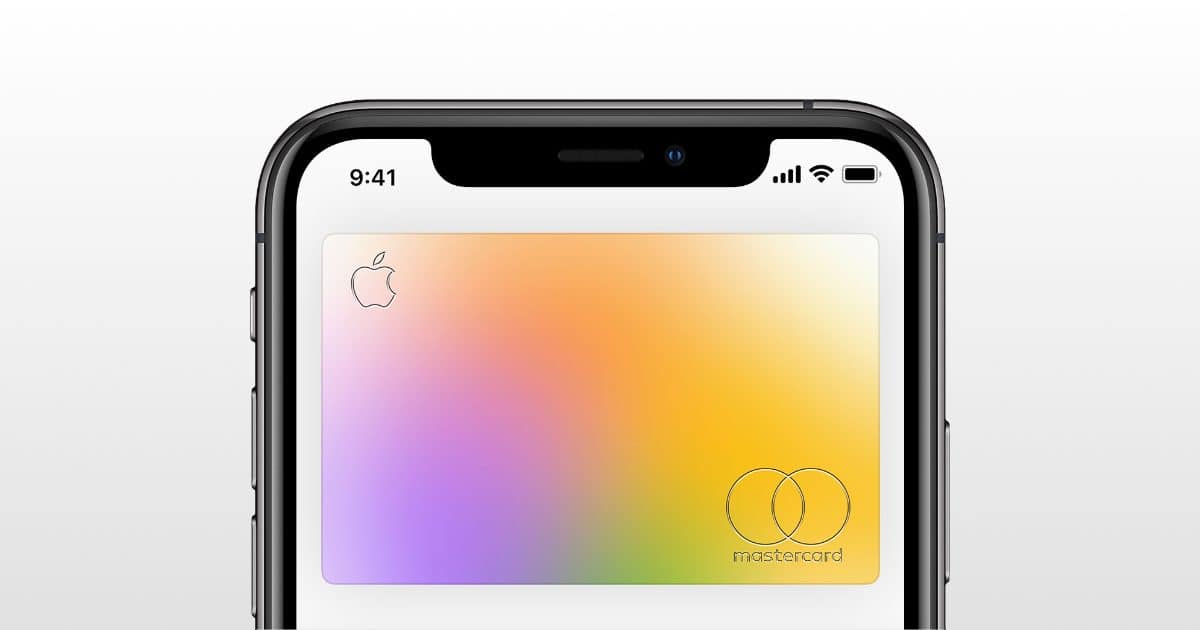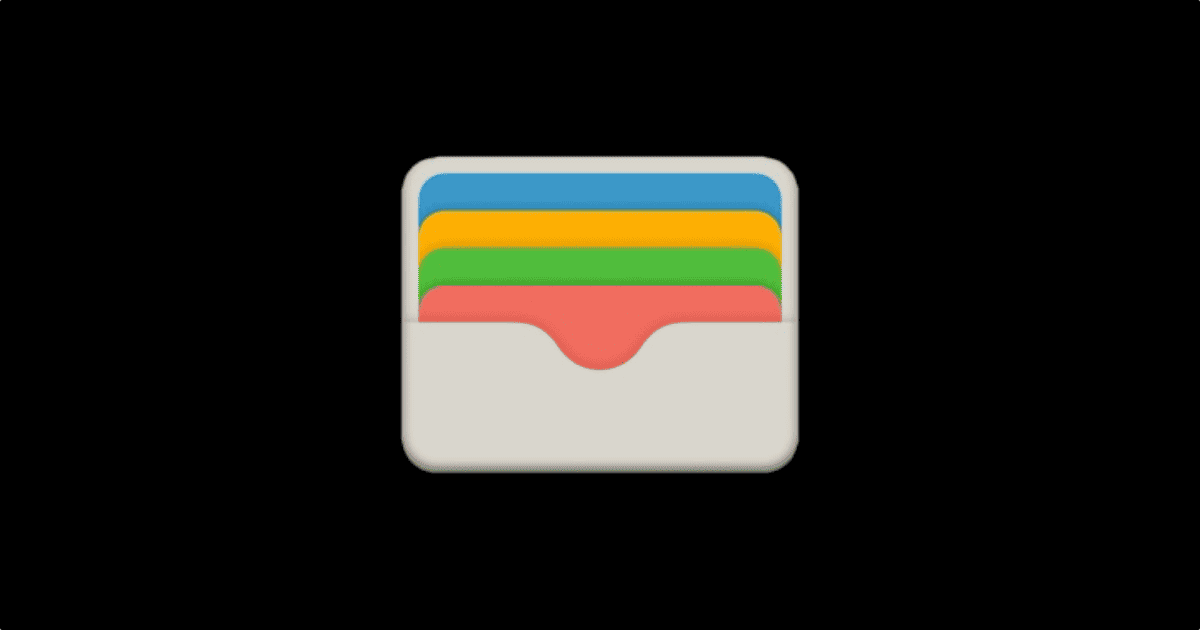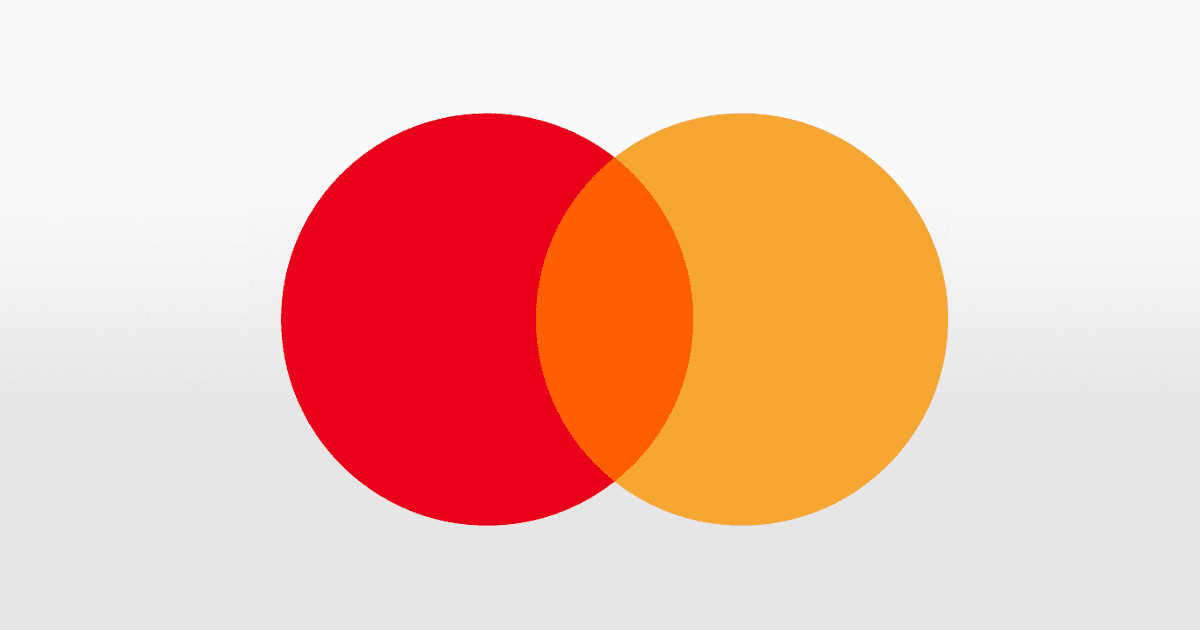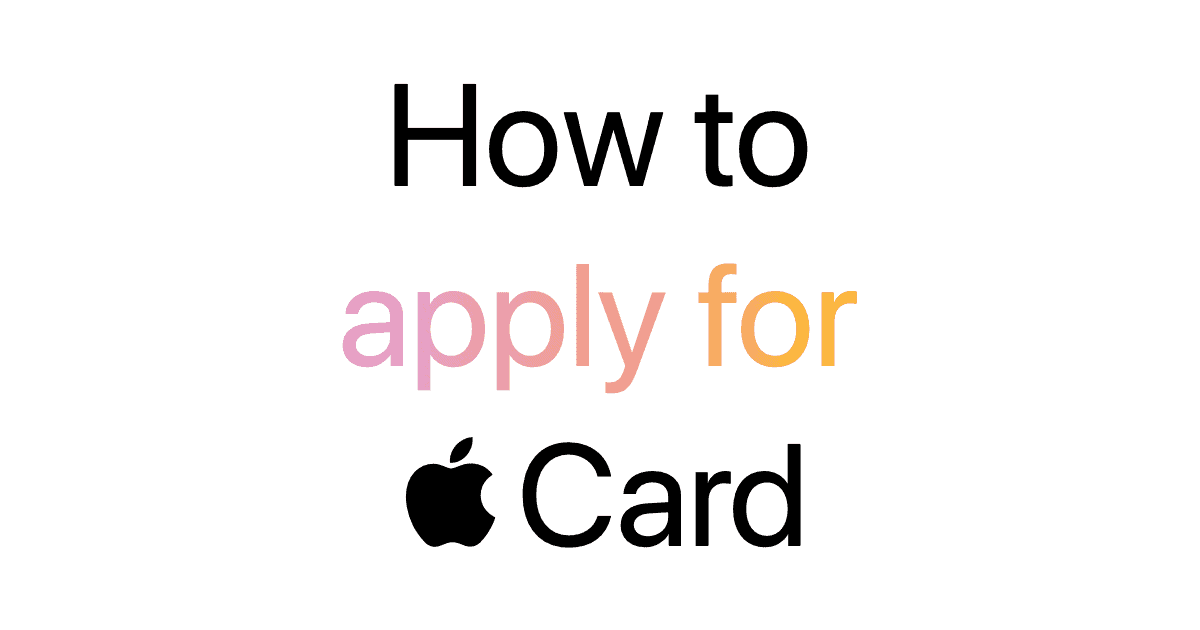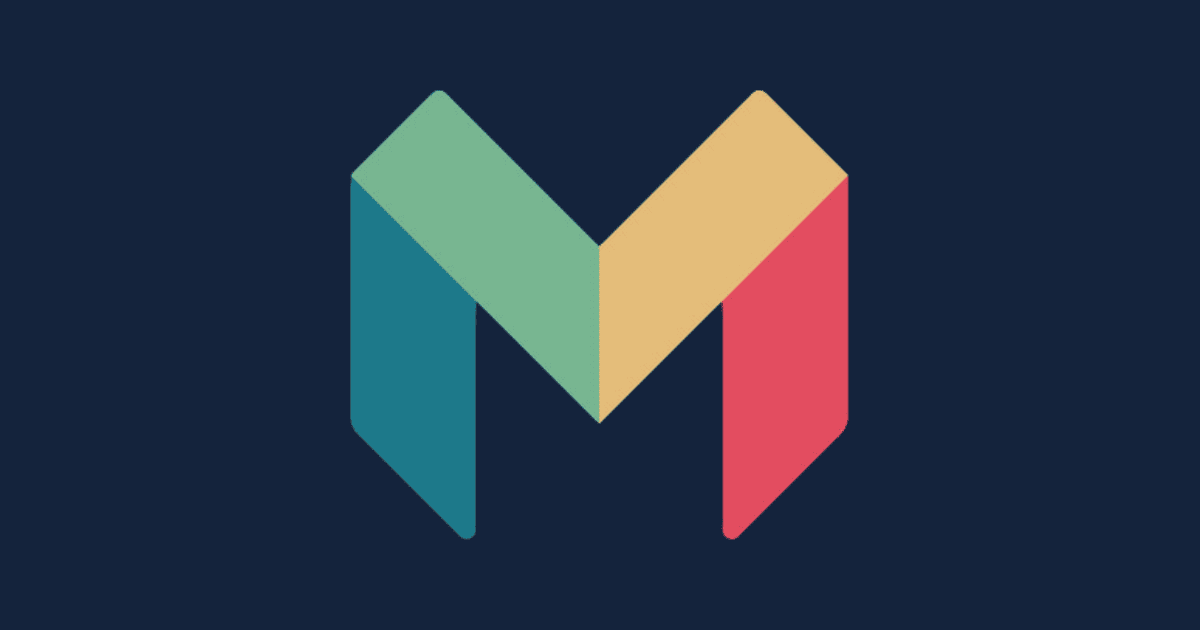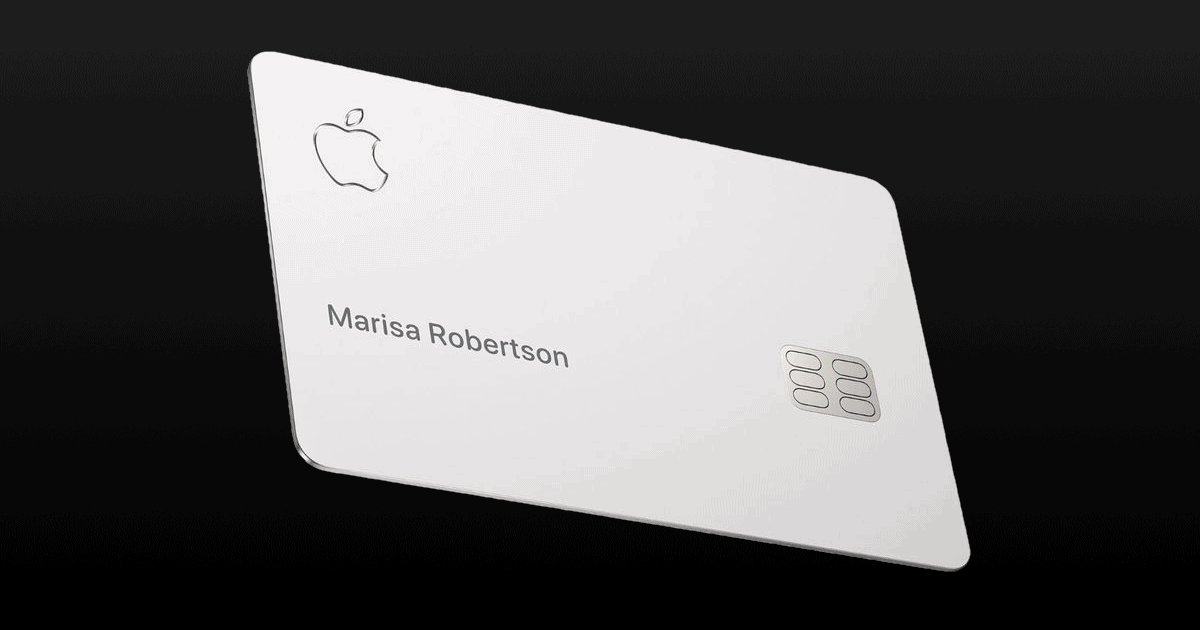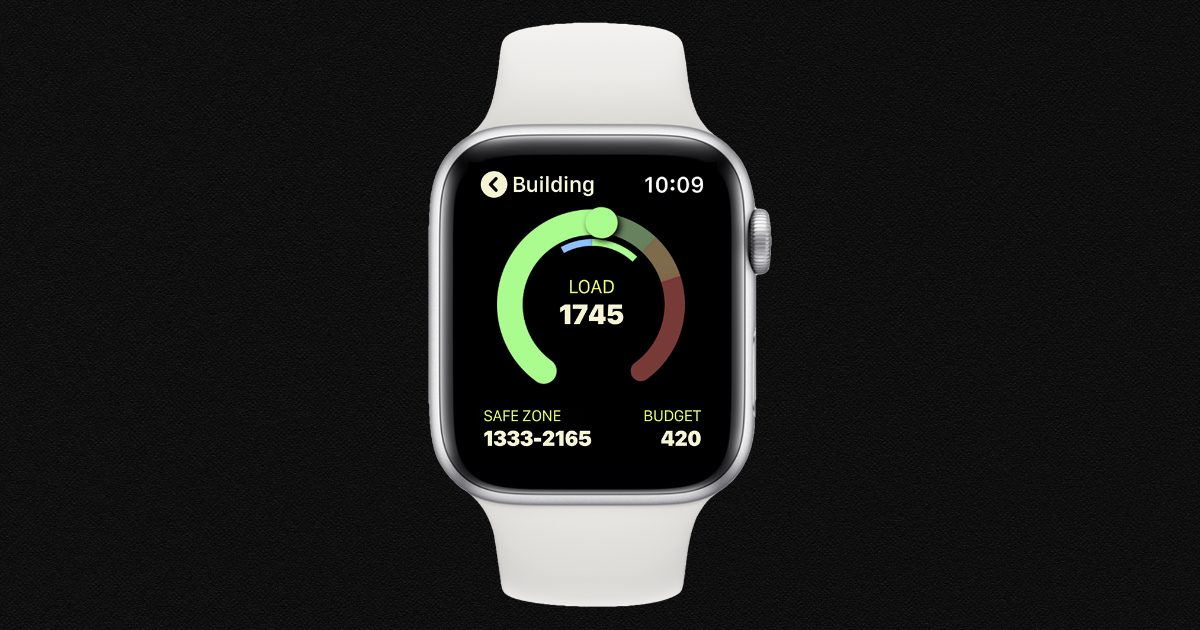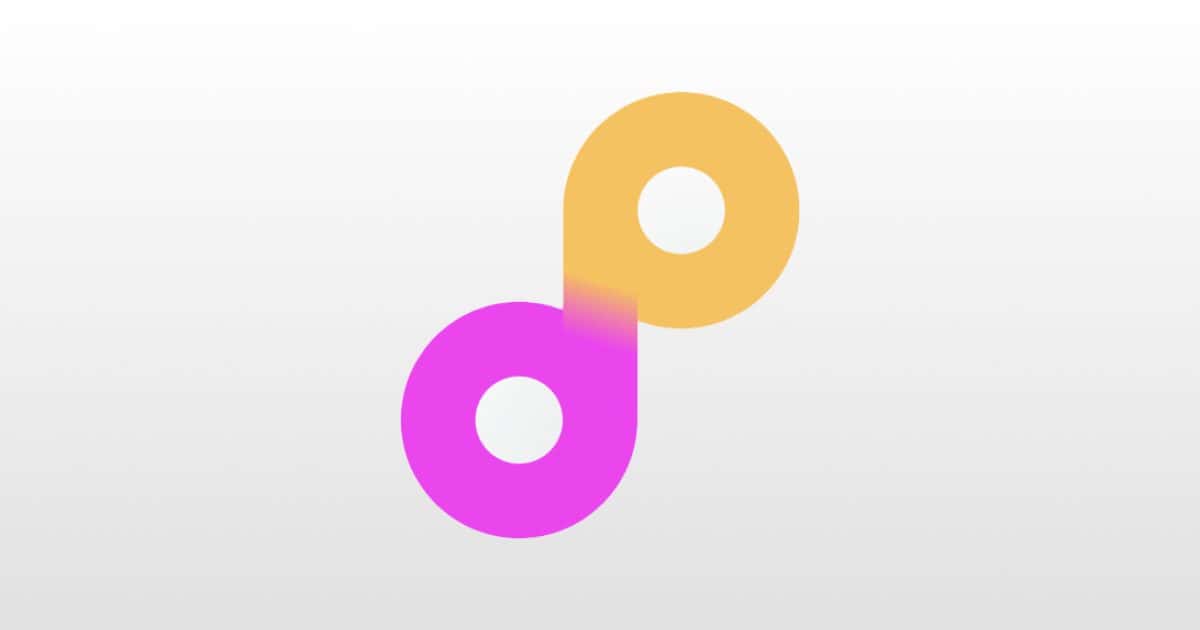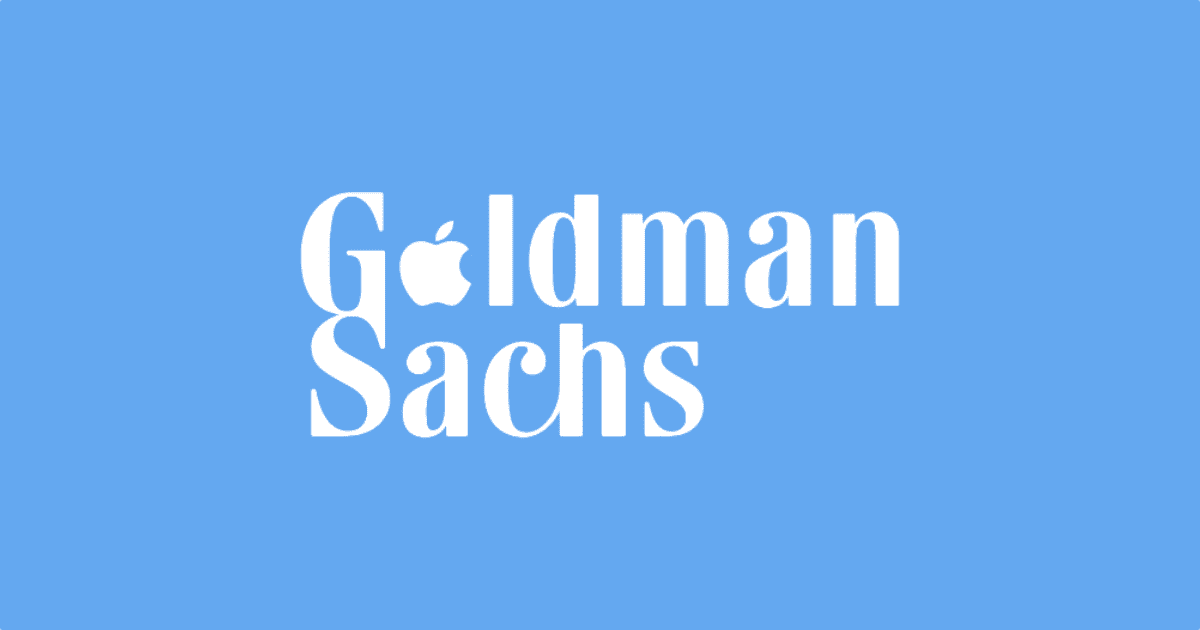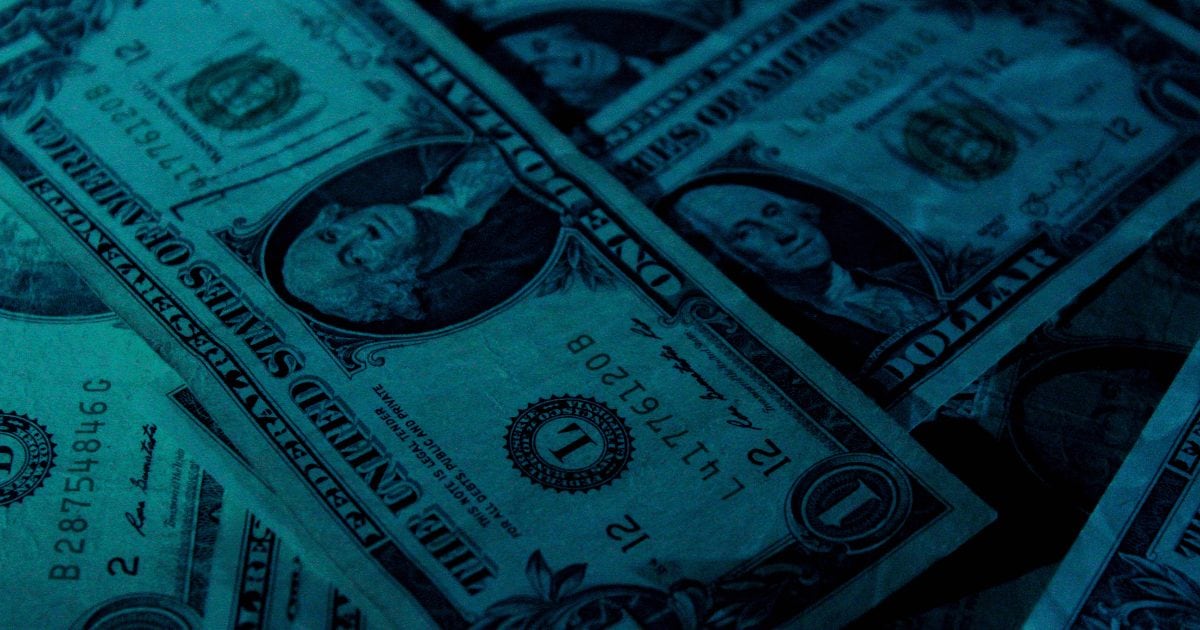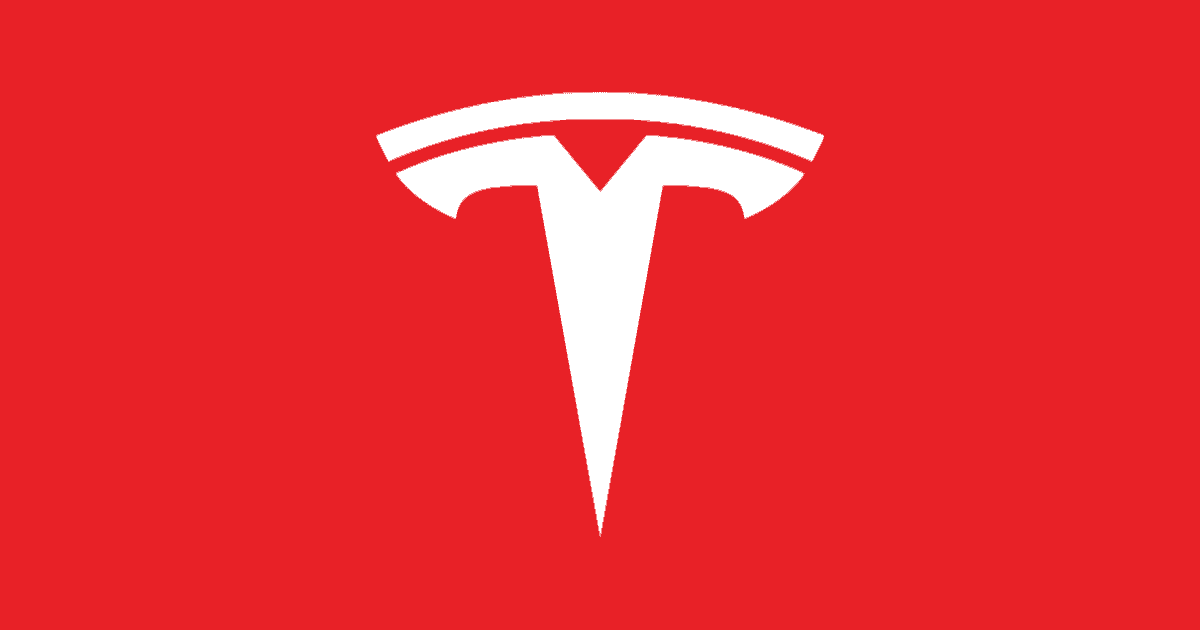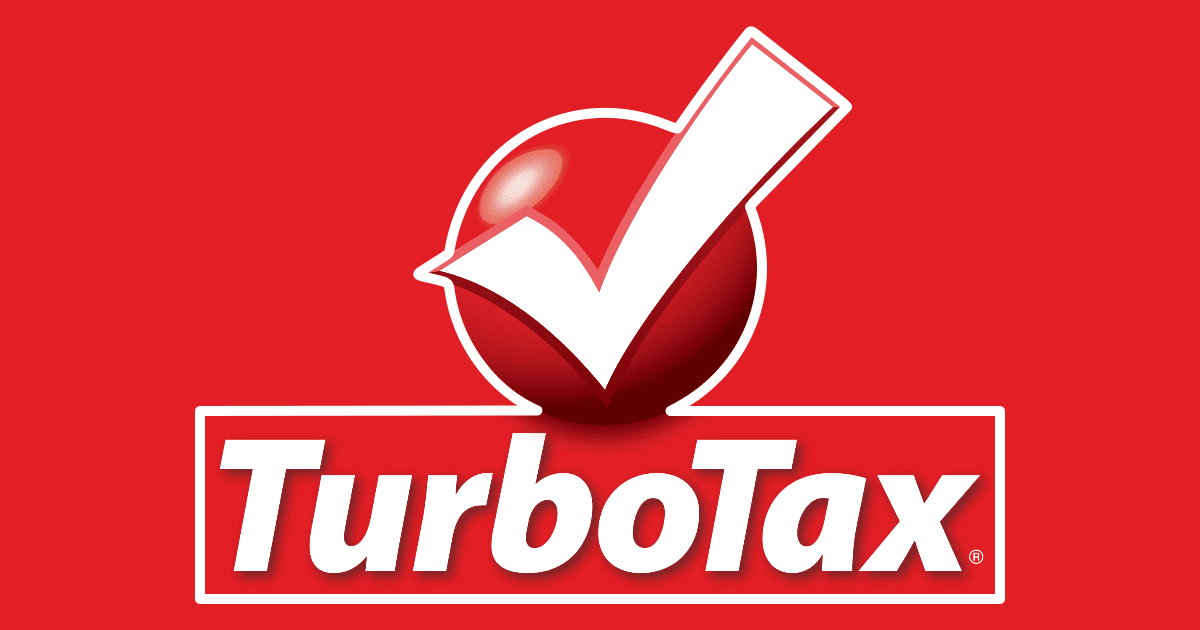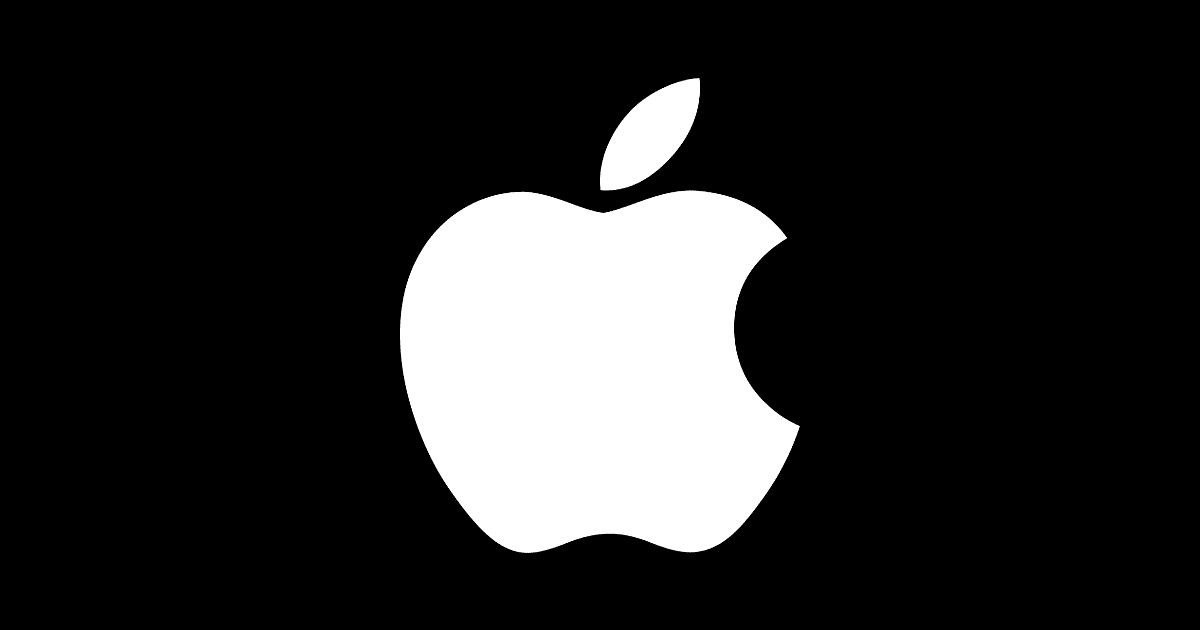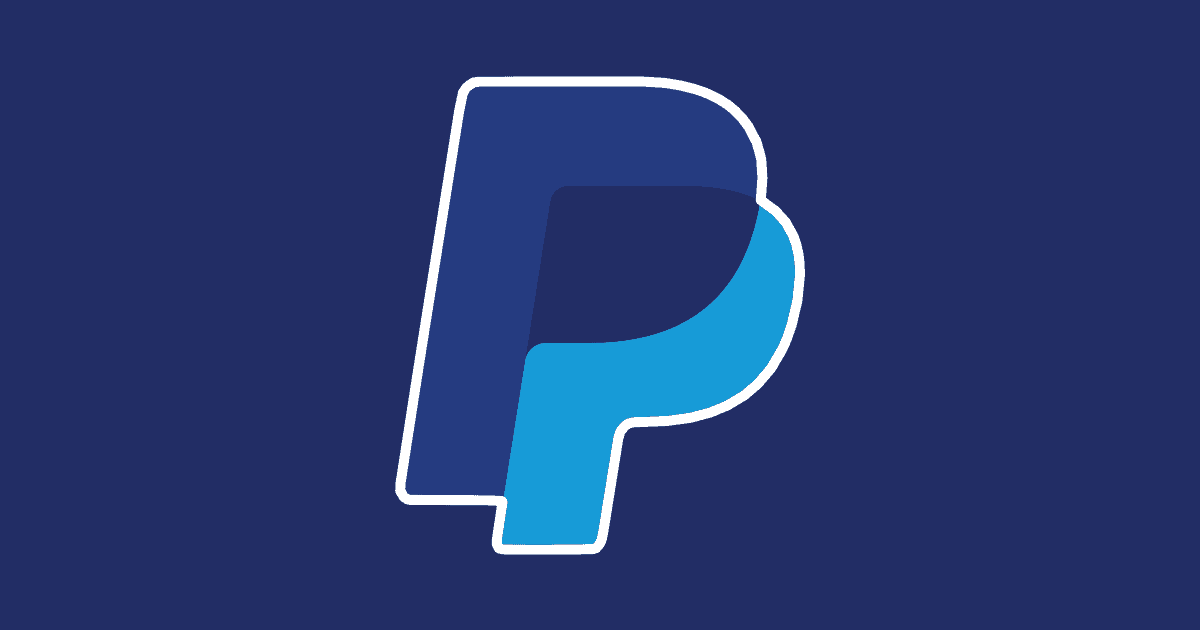Goldman Sachs is accepting “subprime” applicants for Apple Card, meaning people with a low credit score.
While there is no standard definition for who qualifies as subprime, most fall under a FICO score of 660, and their loans often sour before borrowers with higher credit scores. Ten years ago, big lenders got into trouble when irresponsible loans made to subprime mortgage borrowers defaulted, helping create the worst excesses of the financial crisis.
I think this is great. Apple Card revolves around helping you pay off your credit as soon as possible, and tells you the minimum payment you need for a zero-interest payment. You might still get a high APR, but as long as you don’t carry a balance that won’t affect you. As we head into another school year, Apple Card could be a good choice for college students who may have low credit.
